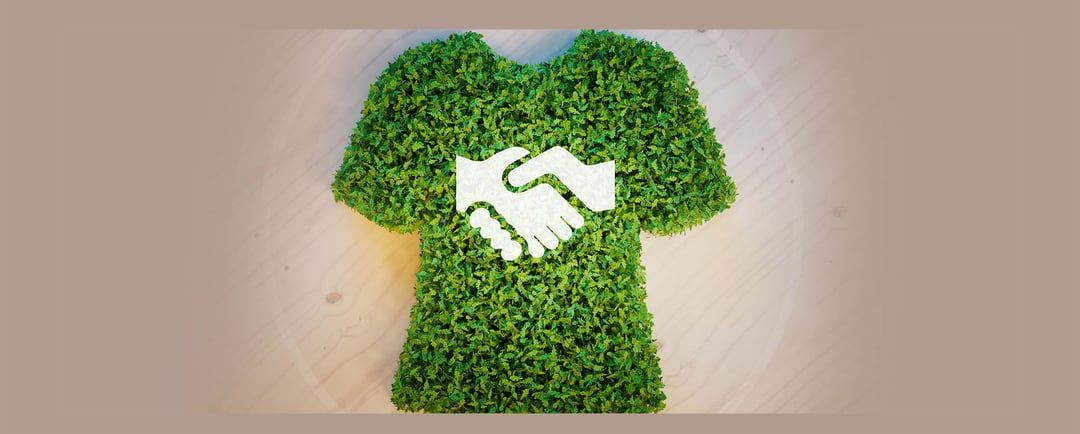The last few years have been a pivotal moment in the conversation surrounding sustainability. When the global COVID pandemic forced us to collectively hit “pause ” in 2020, we had time to reflect on how we ordinarily live, work, and consume. With fewer cars on the road and planes in the sky, air quality improved, demonstrating our impact by showing us the inverse. As life returned to “normal,” many wondered what we could improve with concerted effort, with the knowledge we gained from that pause on normalcy.
At TenCate Protective Fabrics, we believe the time to answer that question is now, by shifting sustainability efforts into higher gear.
Demand for sustainability
Up and down the value chain in our industry, more and more companies are taking a hard look at their impact on the planet. From garment makers to end users, they all want the same thing: more sustainable protective workwear . Sustainability has risen in importance as a deciding factor in garment procurement alongside technical specs, performance, and comfort requirements.
To meet this demand and help our industry reduce our ecological footprint, we have taken it upon ourselves to challenge the status quo in our products and processes. We started with an ideation session with our product management team to consider this question: “How can we maximize the sustainable content in our product portfolio?”
Every product idea at TenCate Protective Fabrics is rigorously tested throughout our development process. So our next question became: “What would happen if we incorporated sustainability as a key consideration in that process from the get-go?” And that is exactly what we’ve done.
Introducing Ecogreen
The highest-quality, most comfortable protective workwear with the smallest environmental footprint possible—that is the ambitious goal we’ve set for ourselves with our Ecogreen portfolio. Featuring recycled polyester and sustainably sourced renewable TENCEL™ Lyocell fibers produced from EU wood, two new Ecogreen products will soon make sustainable protective workwear available for any industry.
Sustainability relies on transparency to ensure that we are working towards long-lasting sustainable solutions. We utilize Environmental Product Declarations (EPDs®) to validate product life cycle impact and pursue OEKO-TEX® STeP and OEKO-TEX® Standard 100 certifications to demonstrate our commitment to transparency. By voluntarily meeting the high standards set by bodies such as OEKO-TEX®, we are lighting the way for protective workwear companies to become more sustainable. We hope to build momentum throughout our industry towards having a greater positive impact on our planet.





.png?width=399&name=Untitled%20design%20(50).png)


